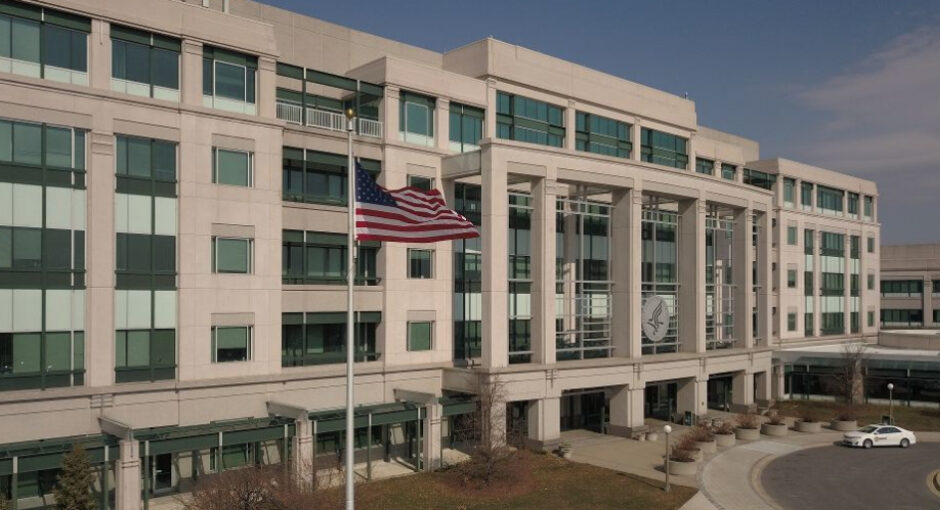National hospital groups, as expected, late last week asked a judge again to order the federal government to promptly repay 340B hospitals for illegally reduced Medicare Part B drug payments from 2018 through late September. They asked the first time in August and have repeated the request in court and in public multiple times since.
American Hospital Association, America’s Essential Hospitals, and Association of American Medical Colleges asked yet again in a Nov. 4 filing in federal district court in Washington, D.C. It was in response to the Centers for Medicare & Medicaid Services’ announcement last week in its hospital outpatient prospective payment system (OPPS) final rule for 2023 that it will wait until next year to decide how to remedy the five years of illegal underpayments. They totaled between $1.6 billion and almost $2 billion per year.
The U.S. Supreme Court declared the cuts illegal in June and sent the case back to a lower court for follow up. On Sept. 28, U.S. District Judge Rudolph Contreras in Washington, D.C., ordered CMS to begin immediately to pay 340B hospitals the full Part B drug payment rate for the rest of 2022. The agency says is it complying with Contreras’ order.
CMS confirmed last week in the OPPS final rule that next year it will resume paying hospitals for 340B-purchased drugs at average sales price plus 6% after paying them ASP minus 22.5% since 2018. As for illegal past payments, though, the agency said only that it “will address the remedy for 340B drug payments from 2018-2022 in future rulemaking” before it releases its OPPS proposed rule for 2024. Based on when CMS normally releases its OPPS proposed rule for the coming year, that means before July.
The hospitals groups asked Contreras in August to order CMS “to promptly correct [its] past underpayments to plaintiffs and their members for 2018–2022” plus interest “without seeking to recoup funds from other hospitals.” That motion is still pending before the court.
In their filing last Friday, they told the judge, “Defendants chose to do nothing. Instead of announcing a remedial plan, defendants again adopted an approach that will indefinitely delay any remedy.”
“The agency makes no commitments whatsoever about when a final remedial proposal will be released,” the groups said. “The government’s attempt at continued delay is unacceptable.” They said CMS “has had more than enough time to decide how to implement a remedy in this case.”
“At this point, it seems that only an order from this court can provide a fair remedy for the defendants’ illegal conduct,” the groups said.


